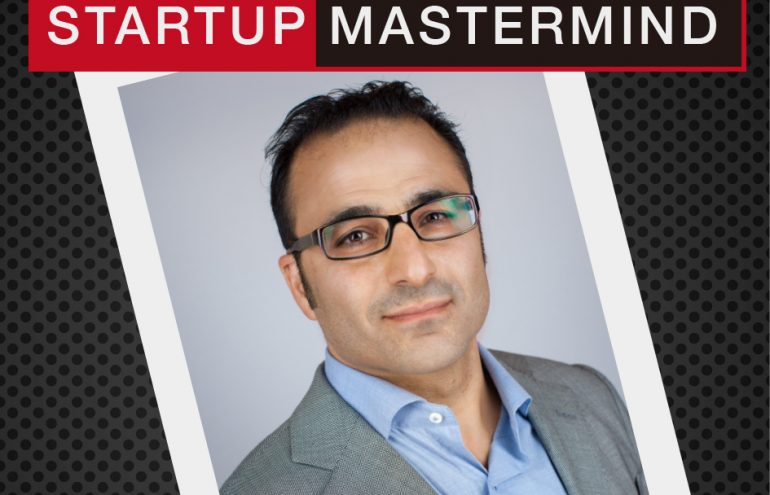
From entrepreneur to working lawyer and back again, Abdi Shayesteh (sha-YES–tay) has never lost the urge to start and run businesses. After 14 years in corporate, bank regulatory and financial transactions law, Shayesteh chose to act on a pain point many lawyers experience: the need to talk to specialists when you need their expertise. He set up AltaClaro Inc. to make that expertise easier to come by.
Originally published February 16, 2017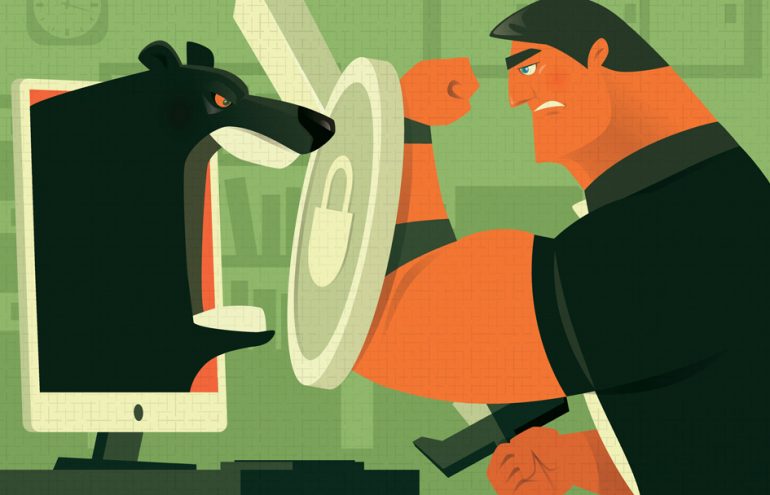
Cybercriminals tend to target industries that are the most dependent on the timely availability and strict confidentiality of their business-critical information. This means law firms are at high risk. With both on-site and cloud-based data storage, it's increasingly important to protect clients' sensitive case information against these threats.
Originally published February 15, 2017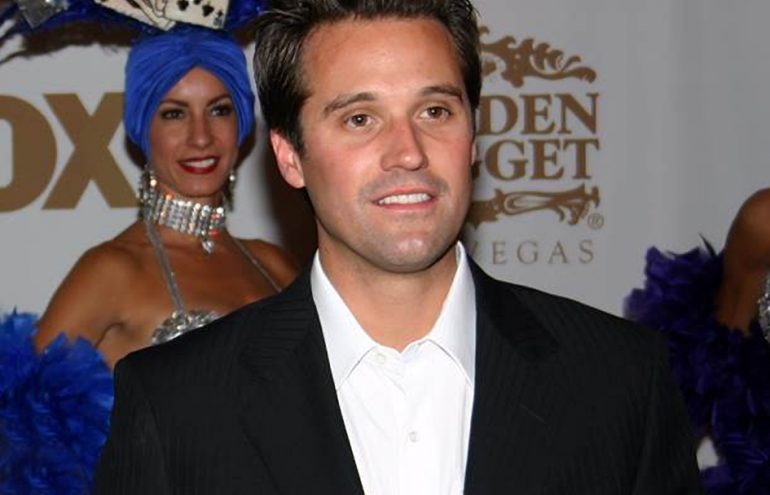
Ever wonder how successful entrepreneurs find the courage to place bets that may or may not pay off? Mark Britton, founder and CEO of Avvo, recently spoke with serial entrepreneur Tom Breitling, a founding partner of Travelscape and former owner of the Golden Nugget in Las Vegas. Placing bets in business is a topic Breitling knows well.
February 14, 2017 0 0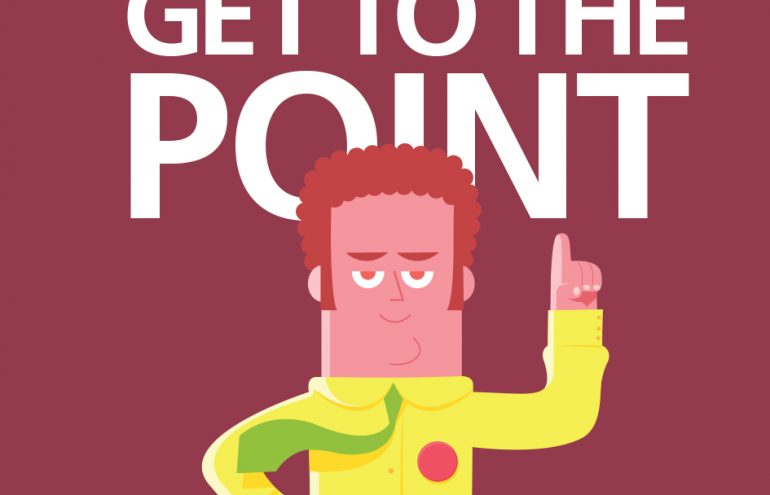
When your brain knows just the right word, you can be more concise. And sometimes you can slip in the verbal dagger without the victim understanding what you’ve done.
Originally published February 13, 2017
Last fall, when I learned ALM Media had expanded the Legal Tech conference for 2017 to include a small firm focus, I was intrigued. During the newly branded Legalweek small firm track last week, hosted by How to Manage a Small Law Firm (HTM), topics included marketing, technology, metrics and hiring, as well as the challenges […]
Originally published February 10, 2017On a recent call with my business mastermind group, one of the members shared how quickly he was able to overcome a challenge in his company by tapping into his network for suggestions. He summed up the process with, “Your network is your net worth.” He’s absolutely right — success doesn’t happen in a vacuum.
Originally published February 8, 2017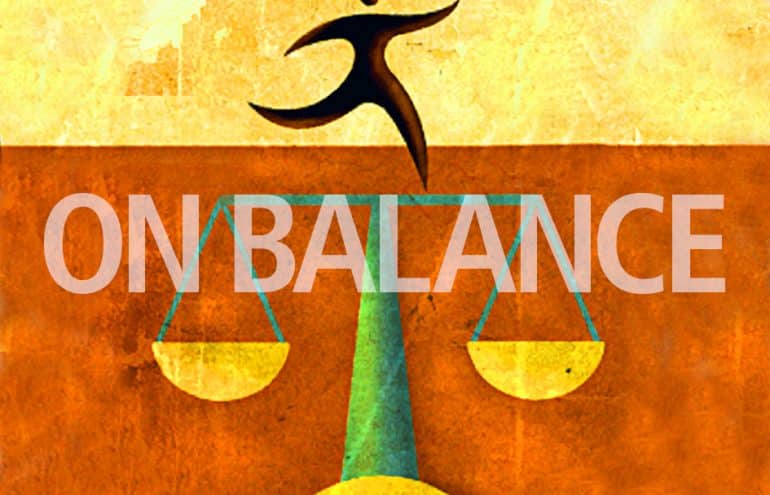
If you find yourself intimidated by something you want to do in your practice, I suggest tackling something that intimidates you that isn't work related. Prove to yourself that thing isn't nearly as scary as it seems, and take that lesson back to the office with you. Then set out to crush the intimidation factor at work.
February 7, 2017 0 4
With more attorneys and law firms making the leap to cloud computing services in order to improve the way they operate as a business, companies like Abacus Next are stepping up to provide more comprehensive packages that address every single need in the legal industry
Originally published February 6, 2017
Well-meaning lawyers who struggle to balance their personal checking account may think the safest way to protect their client trust account is to find a knowledgeable bookkeeper or CPA to take charge of it. In practice, though, this can add up to an ethics violation for shirking responsibility to properly manage the trust account. The problem arises when the lawyer doesn’t merely delegate responsibility but actually abdicates responsibility for the trust account. What is the difference? Let’s look at two lawyers in action and inaction.
Originally published February 6, 2017
Every leader needs feedback. (Some need a little too much!) But, truly, how can you do your job without an understanding of what is going on in the lives of those impacted by your work? In the case of a lawyer, I’m thinking, of course, of your clients, past and current. But the lives, moods and opinions of your staff and colleagues count just as much.
February 3, 2017 0 0